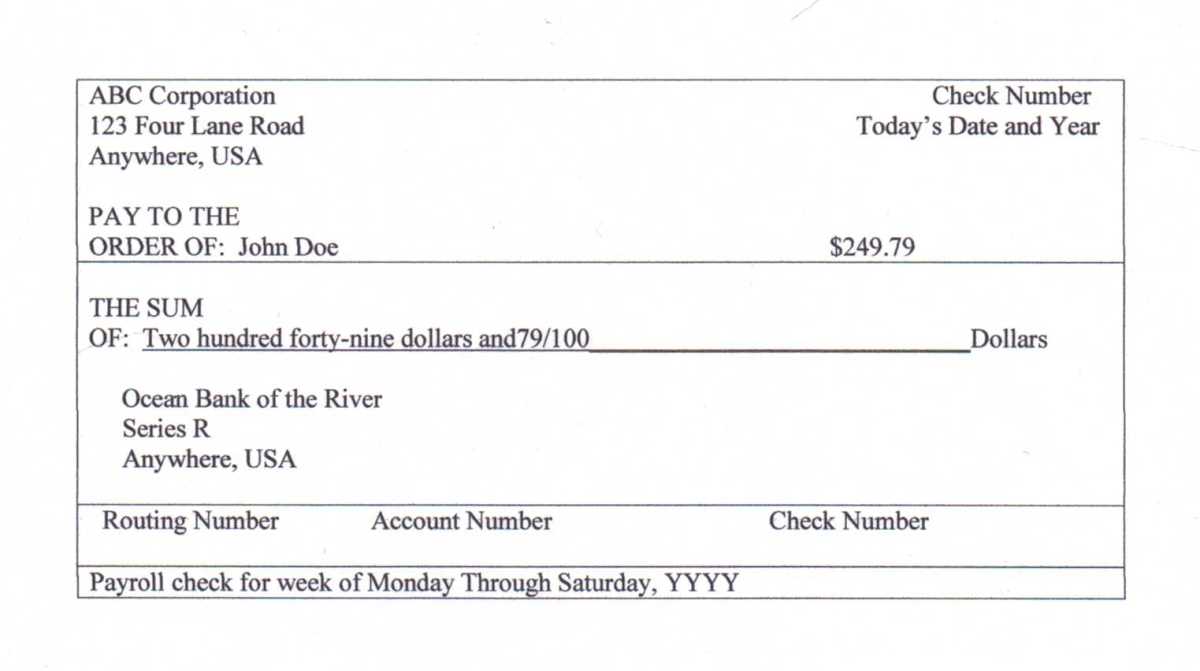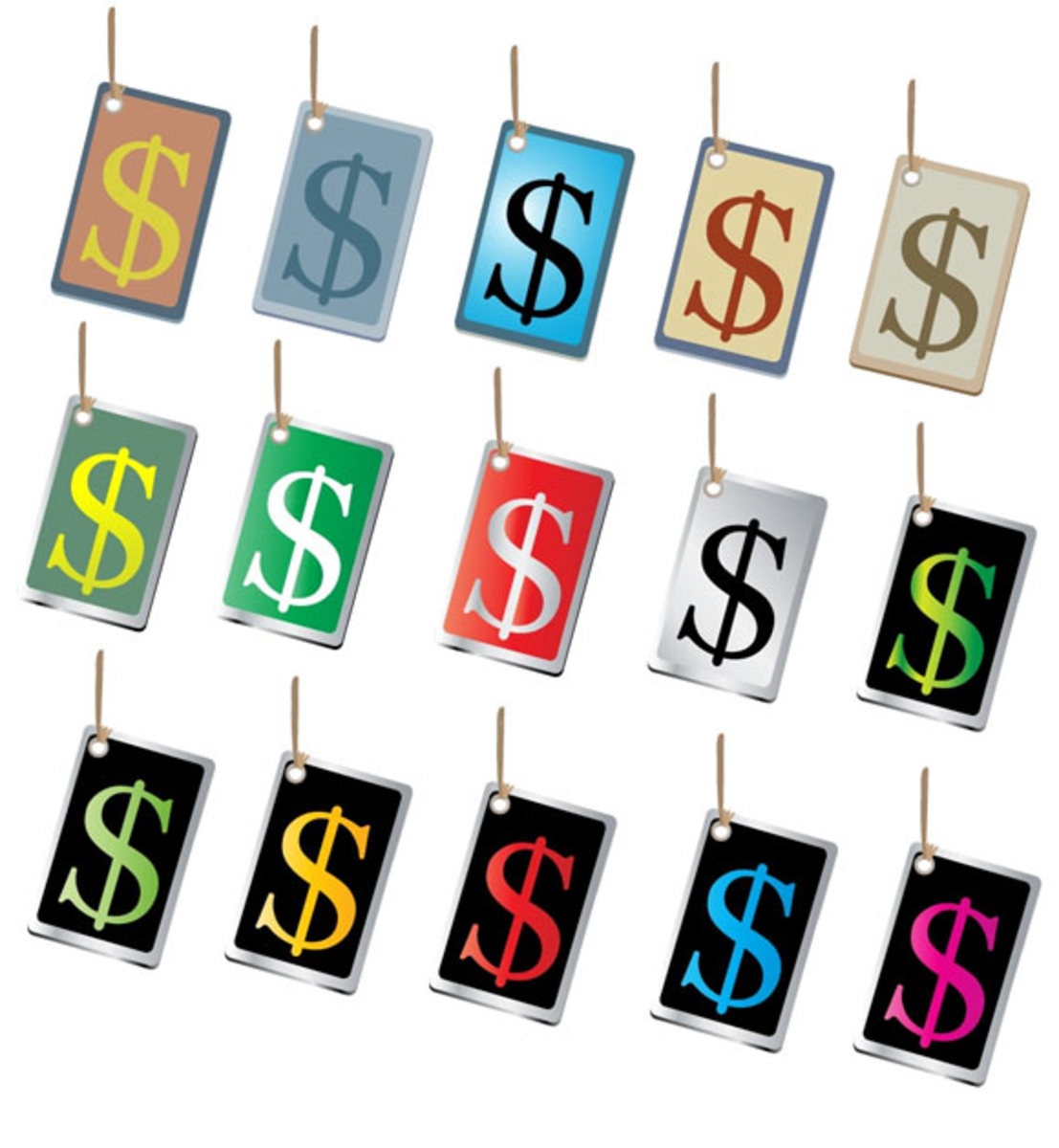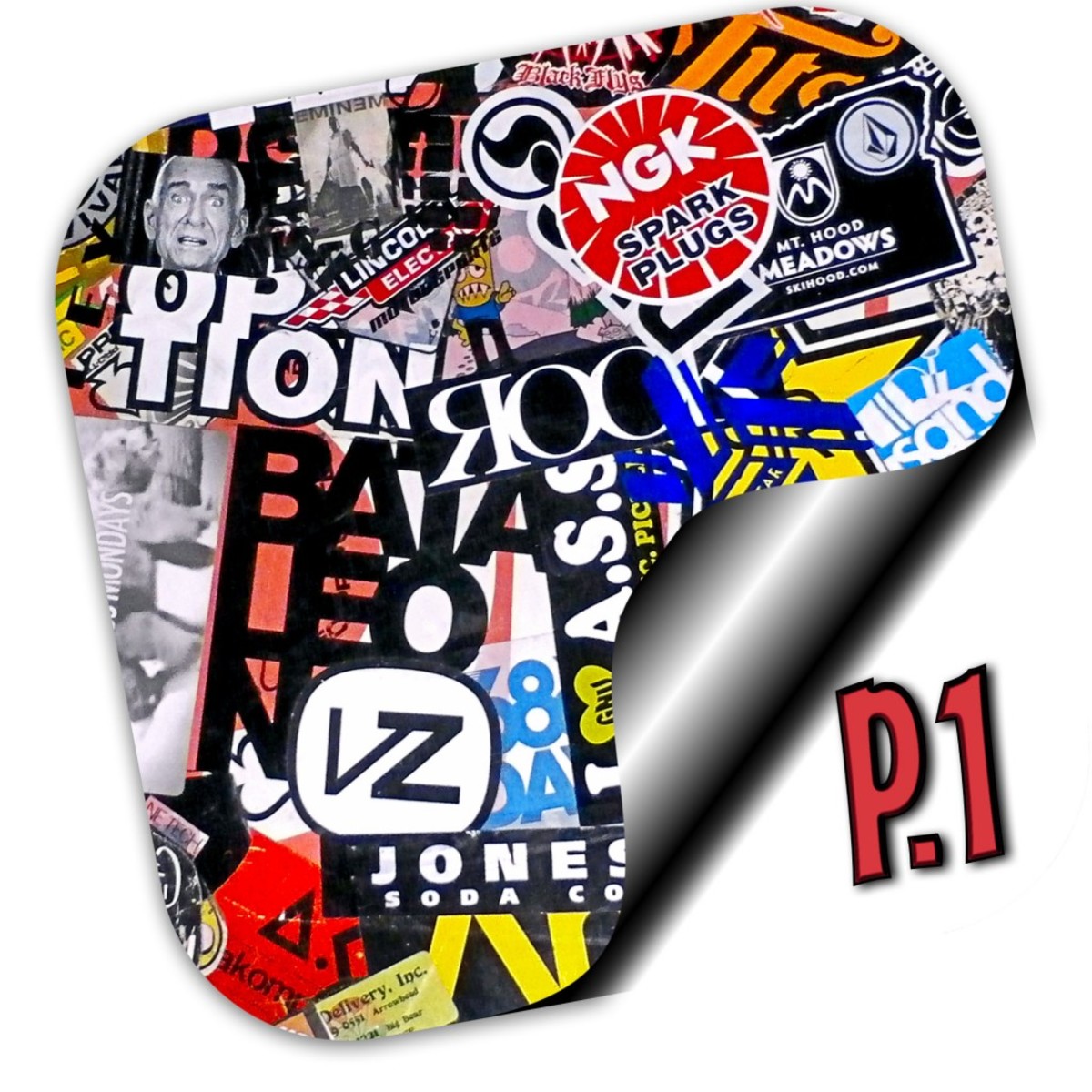Simple Budget Planning for an Individual or Household
Budgets Defined
January 23, 2011
A budget is nothing more than a plan for spending money.
Budgets can be used to identify all of the costs of a multi-part project - such as a vacation, a wedding, home remodeling, etc. - will cost so that one can then plan for how to pay for the project.
Budgets are also used to plan how to manage an anticipated income stream - such as one’s expected pay over the course of a year or a fixed retirement income. The goal here is to be able to allocate the income so as to avoid not having sufficient funds to pay all of one’s bills.

Two Types of Budget Planning
There are two main approaches to budgeting.
The first is to decide what project you want to plan for and then identify all of the costs associated with the project.
Businesses, organizations and governments do budget planning all the time for the projects they are planning to undertake. Individuals can also use budgeting for things like planning a vacation, planning for a child’s college education, planning a wedding or other family social event, etc.
\
Of course, once you have identified the costs in this way you then have to figure out where to get the money to pay the costs.
The money can come out of income you plan to earn during the project period, from borrowing, from savings or gifts from family.
In some cases a person is unable to find enough money to pay for the planned project and is forced to either abandon the project or find a way to reduce some of the costs.
The second way of preparing a family or personal budget is to start with the money you have or expect to earn over the planning period and then plan how you want to spend it.
When we talk about a family or personal budget we are usually talking about the individual or family’s plan for spending their income over the next year.
Budgeting With Envelopes

Budgets can vary from very simple to extremely complex depending upon a person’s financial situation.
While many people are intimidated by the anticipated complexity involved with preparing and managing a budget, the fact is that, for many individual financial situations, it can be very simple and painless.
For young people with a relatively simple life style consisting of a relatively fixed monthly income and few bills.
A simple budget can consist of nothing more than creating a separate envelope for each monthly payment and putting the envelopes in a safe place.
While we can usually assume that our present financial circumstances will be predictable for the next year or so, we also know that surprises happen.
We can get sick, have an accident, lose our job, etc. Because of this, one of our expenses envelopes should be for savings.
The contents of this envelope will then be available for surprise or unexpected expenses that one did not anticipate.
When the person gets paid each week or month they simply cash their paycheck and divide the money among the envelopes.
As each each expense comes due they remove the cash from the envelope and make the payment.
Put Some Money Aside for A Rainy Day

A slightly more sophisticated system would be to cash their check, keep the cash they need for everyday personal expenses and put the rest into a checking account (preferably at a bank or credit union that offers free checking).
Then write and mail checks for each of their monthly bills. For things like groceries and gasoline the person can either keep extra cash for these two and use the envelope system for these two items, or keep enough in the checking account for this purpose.
Going a step further, our person could do business with a bank or credit union that offered both free checking and free online bill pay. With this they could open two checking accounts, one for monthly bills and one for discretionary spending and things like groceries and gasoline.
Monthly bills could be paid out of the first account using bill pay which saves the time of writing checks as well as avoiding having to purchase the forty-four cent stamps needed to mail each bill. Keeping a few dollars out for pocket cash the rest of the spending could be done from the second account using a debit card.
Plan in Place, Time to Relax

One advantage of using checks and debit or credit cards to pay for purchases is that these automatically provide records of a person’s spending (this can also be done with cash either by keeping receipts for everything or keeping a journal of expenses) which can be used when a person’s financial life becomes more complex and a more formal budgeting process is needed.
The budget planning process discussed in this Hub is very simple and unsophisticated. It not only won’t work for everyone it is also not intended for everyone.
However, for young people just starting on their own or others whose income and expenses are simple it will not only work, it will also introduce them to the concept of managing money and allow them to begin practicing good money management habits.
This system can also be used as a starting point for people whose financial life is more complex but who currently don’t have any workable money management system.
While simple and crude, the system described above can serve as a starting point to begin moving to a more formal budgeting system.










